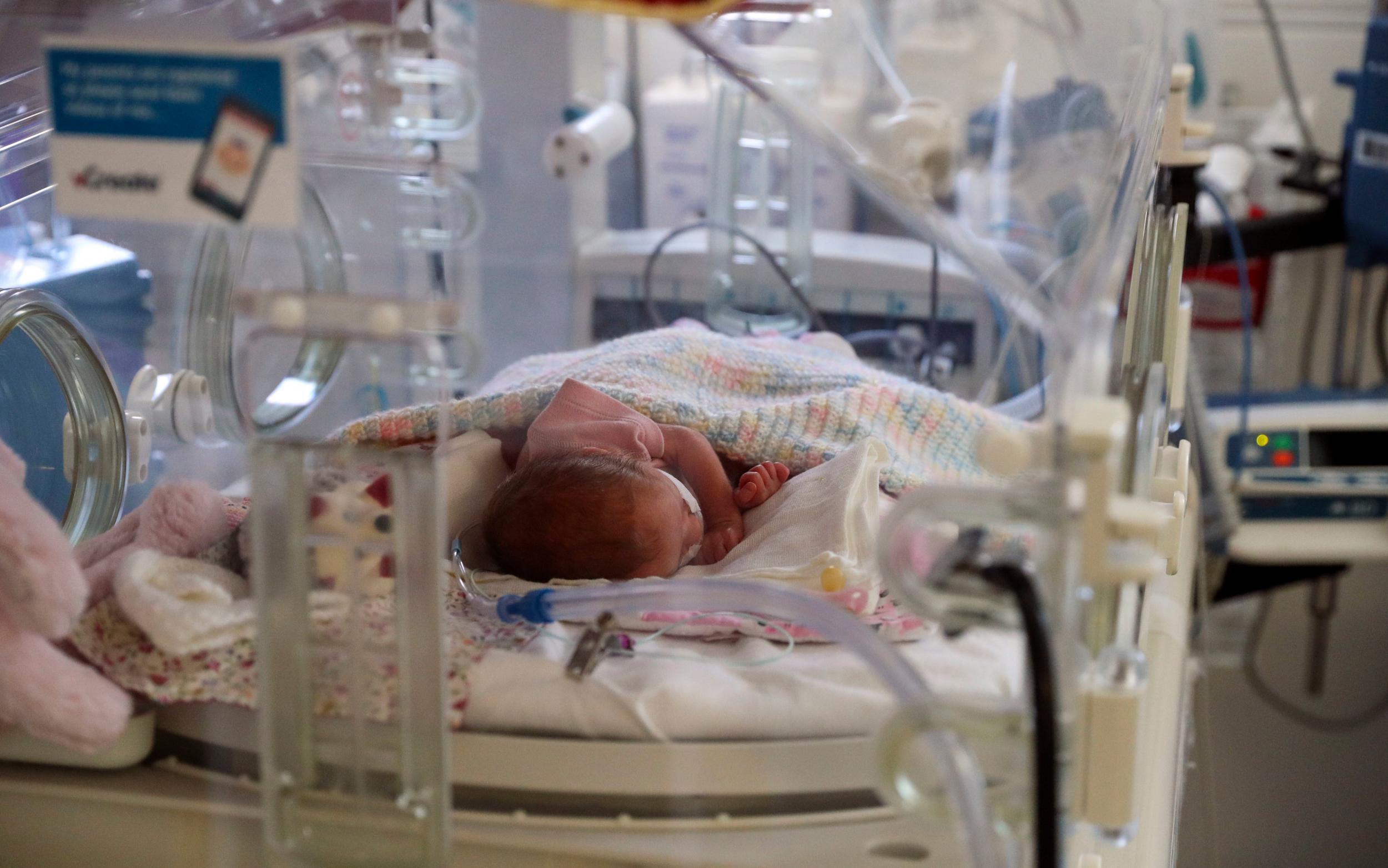Hundreds of maternity incidents in one year prompt 1,500 safety instructions to hospitals
Safety watchdog outlines key themes from 760 investigation of maternity incidents

Investigators have made more than 1,500 safety recommendations to NHS trusts in a year after hundreds of babies were left brain damaged and dozens of infants and mothers died.
Reviews of hundreds of NHS maternity incidents between April and March 2021 by the health service’s independent safety watchdog has unearthed repeated errors being made by hospitals across the country.
The Healthcare Safety Investigation Branch (HSIB) said it had started 760 investigations in the year to March 221 involving incidents at 125 NHS trusts.
Of the 760 referrals, half, or 446 cases, involved babies who had brain damage. A total of 147 investigations involved babies who were stillborn while 101 incidents involved the deaths of neonatal infants. In 66 cases the deaths of mothers were investigated.
As at the end of March 2021, 379 cases were still be investigated.
There has been growing concerns raised over the safety of NHS maternity units after scandals in care at the Shrewsbury and Telford Hospital Trust, East Kent Hospitals University Trust and the Nottingham University Hospitals Trust.
The Care Quality Commission has also downgraded multiple hospitals in recent months amid concerns for the safety of mothers and babies.
The HSIB took over maternity investigations for NHS trusts in 2018 amid concerns over the poor quality of investigation by trusts and a lack of involvement in families. The HSIB takes a no blame approach to investigations and aims to identify the systemic and human factors that contribute to mistakes.
In its latest annual review of investigations, it highlighted poor communication between staff as a factor in some errors as well as poor cultures which meant staff did not raise concerns about women’s care.
It also called for early warning tools that assess women’s health needed to be available “in any environment a mother attends” including A&E departments. This would help women who were developing problems be spotted sooner.
Other problems included poor clinical records that were not easily accessible to staff and in some cases meant women’s care did not have proper oversight by consultants. It said: “HSIB has observed situations where a mother or family has had to take responsibility for updating clinical teams.”
It said a named consultant should be responsible for the oversight of care for mothers with complex needs or who were high risk.
A particular concern for HSIB was the vast array of guidance produced at a national and local level for midwives that it said was sometimes “unclear or conflicting.”
It added: “Our investigations often identify that local guidance does not reflect the national perspective, or local interpretation is different or unclear. Where a trust has multiple sites, the guidance may be different at each site, which can be confusing for staff. In addition, where a trust has implemented guidance without a co-ordinated approach, staff can find it challenging to follow.”
Sandy Lewis, associate director of maternity said: “The publication of the HSIB maternity programme year review provides crucial details of the work that has been undertaken in the last year. We would like to thank all of those who have worked with us in the past year, sharing their experiences, insights and expertise.
“Many families have not only told us their stories but have also trusted our investigators to reflect their perspectives and share their experience. Trusts have responded promptly to this insight, this has contributed to improving safer care of mothers, babies and families across the country.”
Join our commenting forum
Join thought-provoking conversations, follow other Independent readers and see their replies
Comments


Bookmark popover
Removed from bookmarks